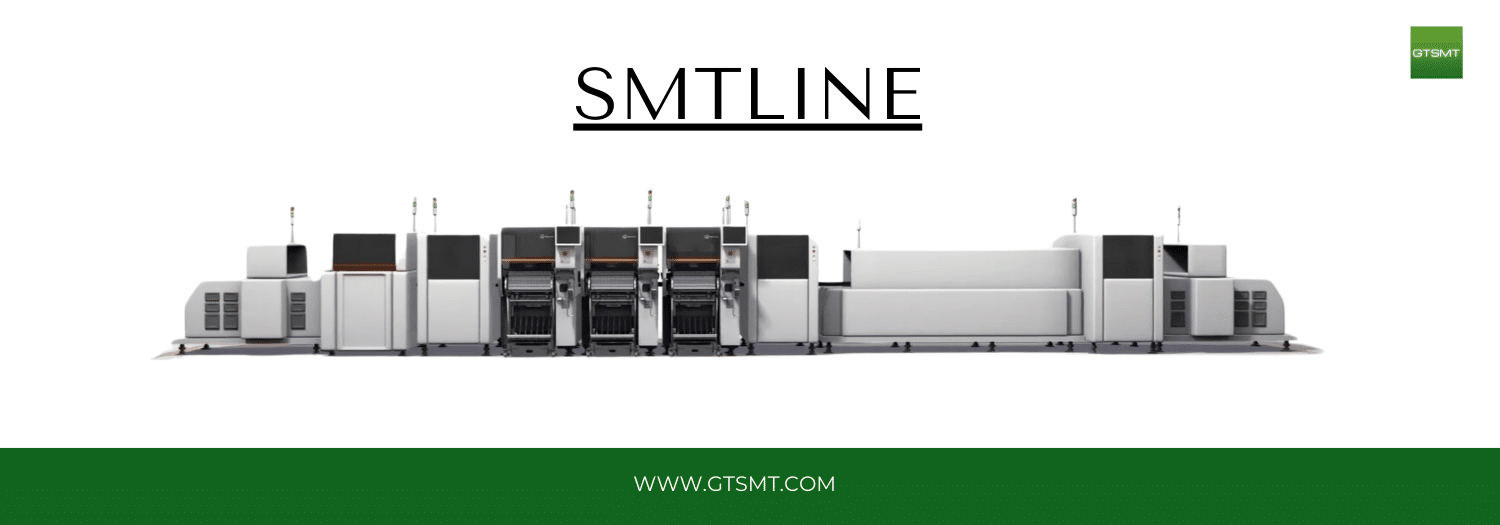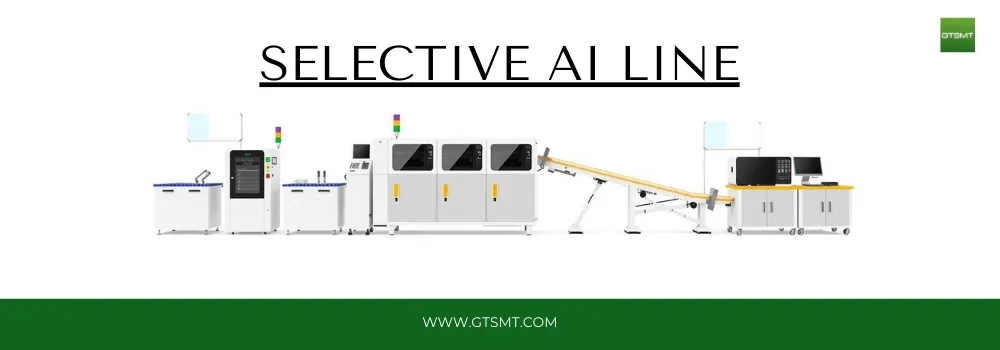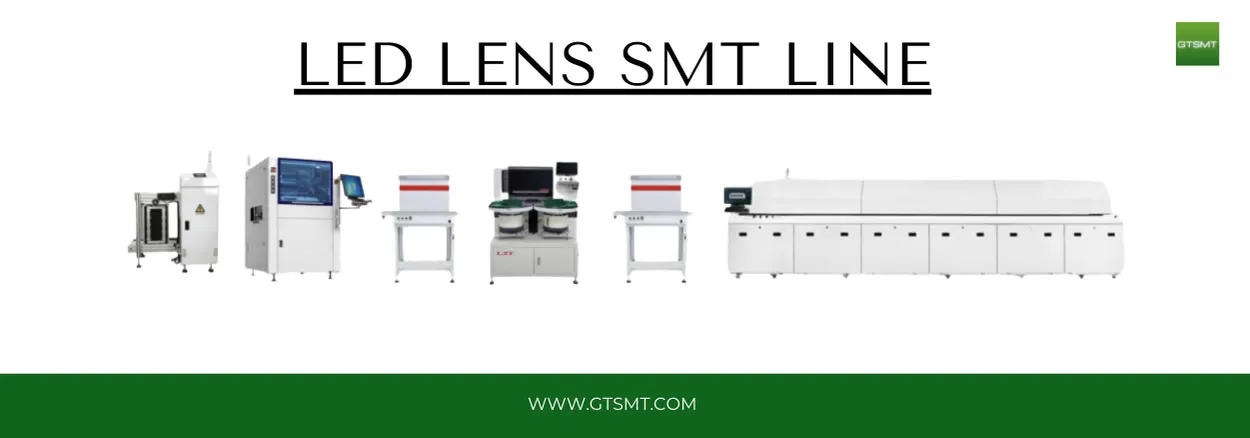Reflow Oven Manufacturers: Industry Leaders and Market Trends
The reflow oven industry plays a crucial role in modern electronics manufacturing, particularly in Surface Mount Technology (SMT) applications where precise thermal processing is essential for soldering components onto printed circuit boards (PCBs). As the electronics industry continues to evolve with increasing demands for miniaturization, higher component density, and improved reliability, reflow oven manufacturers are pushing the boundaries of thermal processing technology.
Market Overview and Growth Trends
The global reflow oven market demonstrates robust growth, with the industry valued at approximately $1.12 billion in 2024 and projected to expand at a compound annual growth rate (CAGR) of 4.15% through 2035. The convection reflow oven segment specifically shows even stronger growth, with market size estimated at $1.2 billion in 2023 and projected to reach $2.1 billion by 2032, exhibiting a CAGR of 6.2%.
This growth is driven by several factors, including the increasing demand for consumer electronics, automotive electronics, telecommunications equipment, and the ongoing miniaturization of electronic components. Additionally, manufacturers are prioritizing the development of eco-friendly reflow ovens in response to global concerns over energy consumption and environmental impact.
Leading Reflow Oven Manufacturers
Heller Industries
Founded in 1960 in the United States, Heller Industries has established itself as a market leader in reflow oven technology. The company specializes in thermal process solutions for SMT, electronics assembly, power device assembly, and semiconductor advanced packaging industries. Heller introduced its first full convection reflow oven in 1987 and has since continued to bring innovations and refinements to market at an accelerating pace.
Heller’s reputation is built on delivering high-quality, reliable thermal processing solutions that meet the demanding requirements of modern electronics manufacturing. The company’s extensive experience and commitment to innovation have made it a trusted partner for manufacturers worldwide.
BTU International
BTU International is renowned for its high-performance reflow ovens, providing reliable and efficient thermal processing solutions for electronics manufacturing. The company specializes in advanced reflow oven technology, offering high-quality equipment designed for precision and high-volume production environments.
BTU’s focus on technological advancement and process optimization has made it a preferred choice for manufacturers seeking consistent, repeatable results in their soldering processes.
Rehm Thermal Systems
Rehm Thermal Systems has positioned itself as a leader in the reflow oven market, offering systems that compete directly with other premium manufacturers. The company’s VXC series utilizes the same technology as their top-end VXS/VXP range, providing high-performance solutions at competitive pricing points.
Rehm’s commitment to thermal processing excellence has made it a respected name in the industry, particularly among manufacturers who require precise temperature control and reliable performance.
Kurtz Ersa
Kurtz Ersa positions its reflow ovens as high-precision solutions, especially suited for SMT production lines where reliability and accuracy are critical. The company’s equipment is designed for manufacturers that demand the highest quality in their soldering processes.
Ersa has established a strong presence in the global market, with equipment that meets the stringent requirements of high-end electronics manufacturing operations.
Vitronics Soltec
Vitronics is recognized as another major player in the reflow oven market, offering solutions that compete with industry leaders. The company’s focus on innovation and quality has earned it a solid reputation among electronics manufacturers.
GTSMT
GTSMT has established itself as a manufacturer specializing in economical yet quality-guaranteed reflow welding equipment. The company’s GT series lead-free nitrogen support reflow oven soldering for PCB is developed by their elite R&D team, which meets the requirements of various lead-free welding processes.
GTSMT offers multiple zone configurations, including 10-zone and 12-zone reflow ovens designed for versatility across different applications. Their systems can be used in PCB board soldering assembly applications across computer, consumer electronics, automotive electronics, LED and other fields. The company emphasizes having one of the longest effective heating zones in the industry, with reasonable heat distribution from top to bottom for uniform and sufficient heat conduction.
Emerging and Regional Manufacturers
The market also includes several emerging and regional manufacturers:
- AUTOTRONIK-SMT GMBH: Listed among the top-ranked reflow oven companies as of 2025
- Intek Corp: Another highly-ranked manufacturer in the current market
- Madell Technology Corporation: Recognized for its contributions to the reflow oven market
- SMT Wertheim: Known for high-quality performance and strong loyalty in the automotive electronics sector, particularly in Germany and other parts of Europe
- Shenzhen JT Automation and Shenzhen Ridong: Chinese manufacturers contributing to the global market
- Hangzhou Tronstol Technology Co., Ltd.: Specializing in advanced lead-free SMD hot air reflow ovens
Technology Trends and Innovations
Modern reflow oven manufacturers are focusing on several key technological advancements:
Energy Efficiency and Environmental Sustainability
With growing environmental concerns, manufacturers are developing more energy-efficient reflow ovens that reduce power consumption while maintaining precise temperature control. This includes improved insulation, optimized heating systems, and advanced control algorithms that minimize energy waste.
Advanced Temperature Profiling
Modern reflow ovens feature sophisticated temperature profiling capabilities that allow for precise control of the heating and cooling cycles. This is crucial for handling the diverse requirements of different solder paste formulations and component types.
Lead-Free Soldering Compatibility
As the electronics industry continues to move away from lead-based solders, reflow oven manufacturers have developed equipment specifically designed to handle the higher temperatures and different thermal characteristics required for lead-free soldering processes.
Multi-Zone Heating Systems
Advanced reflow ovens now feature multiple heating zones (typically 8 or more) that allow for precise temperature control throughout the reflow process. This enables manufacturers to optimize their soldering profiles for different products and component types.
Market Applications and Sectors
Reflow ovens serve various industries and applications:
- Telecommunications Electronics: High-frequency and high-speed electronic assemblies
- Consumer Electronics: Smartphones, tablets, laptops, and home appliances
- Automotive Electronics: Engine control units, infotainment systems, and safety systems
- Industrial Electronics: Control systems, sensors, and automation equipment
- Medical Electronics: Precision medical devices and diagnostic equipment
Challenges and Opportunities
The reflow oven manufacturing industry faces several challenges and opportunities:
Challenges
- Increasing complexity of electronic assemblies requiring more precise thermal processing
- Rising costs of raw materials and components
- Stringent environmental regulations requiring more efficient equipment
- Competition from low-cost manufacturers in emerging markets
Opportunities
- Growing demand for electric vehicles driving automotive electronics growth
- 5G technology deployment creating new opportunities in telecommunications
- Internet of Things (IoT) expansion increasing demand for small, complex electronic devices
- Industry 4.0 initiatives driving demand for smart manufacturing equipment
Future Outlook
The reflow oven industry is poised for continued growth, driven by the ongoing expansion of the electronics manufacturing sector. Manufacturers are expected to focus on developing more intelligent, energy-efficient, and environmentally friendly solutions that can handle the increasing complexity of modern electronic assemblies.
Key trends shaping the future include the integration of artificial intelligence and machine learning for predictive maintenance and process optimization, the development of more compact and flexible systems for smaller manufacturing facilities, and the continued evolution of thermal processing technology to meet the demands of next-generation electronic components.
As the electronics industry continues to evolve, reflow oven manufacturers will play a crucial role in enabling the production of increasingly sophisticated electronic devices while meeting the growing demands for efficiency, reliability, and environmental sustainability.

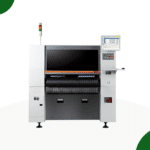 Pick and Place
Pick and Place
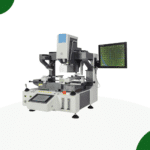 Rework Station
Rework Station
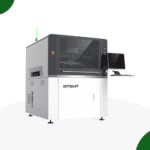 Solder Paste Printers
Solder Paste Printers
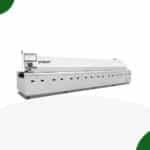 Reflow Ovens
Reflow Ovens
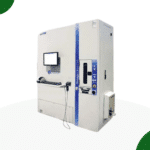 Reel Storage System
Reel Storage System
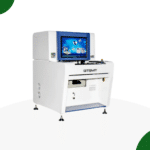 AOI & SPI INSPECTION
AOI & SPI INSPECTION
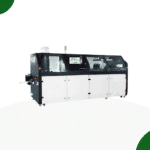 Soldering Machines
Soldering Machines
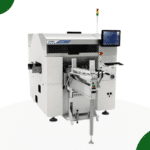 Insertion Machine
Insertion Machine
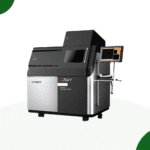 X-ray inspection
X-ray inspection
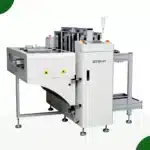 PCB Handeling
PCB Handeling
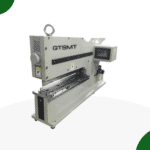 Depaneling Machine
Depaneling Machine
